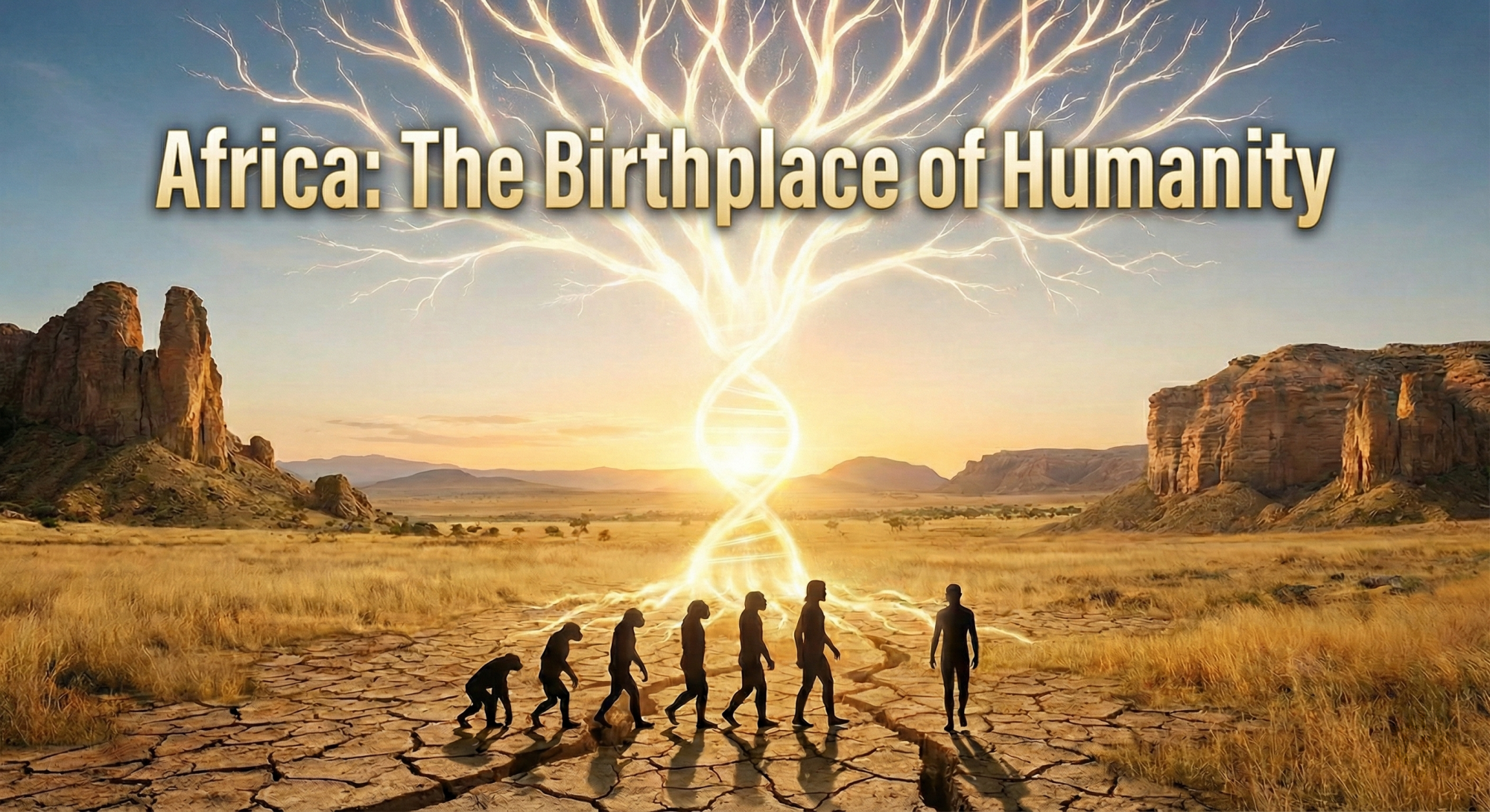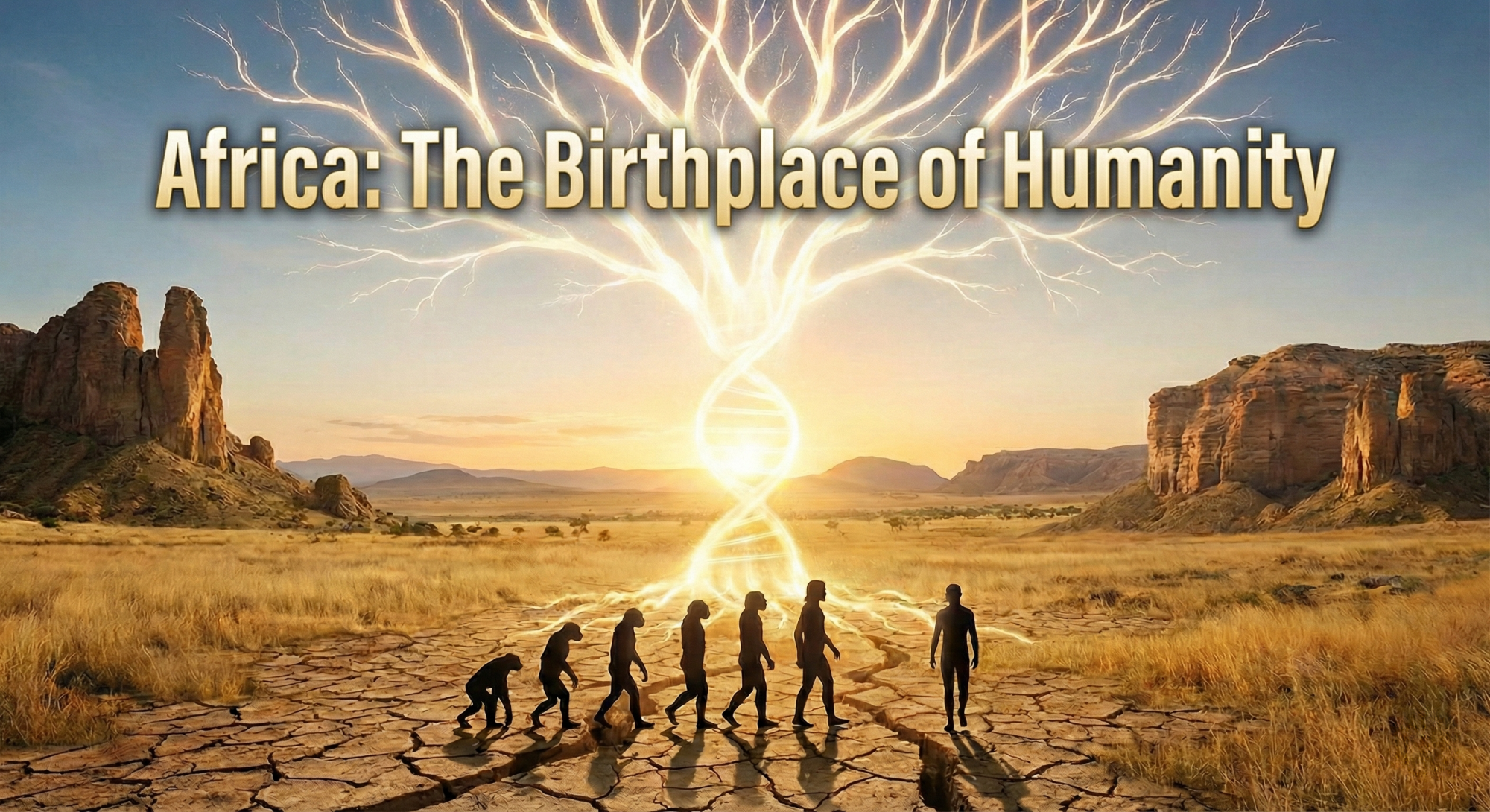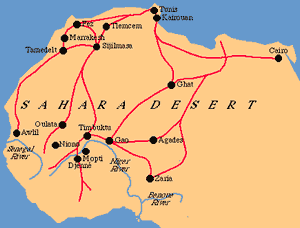Nigeria-Ghana Must Go: A Scar, A Lesson, A Call to Unity

Nigeria-Ghana Must Go: A Scar, A Lesson, A Call to Unity
Meta description: The story of “Ghana Must Go” and “Nigeria Must Go” is more than plastic bags and expulsions. It’s about history, politics, survival, folly, and why Africa desperately needs to stand as one.
Introduction
If you grew up in West Africa, you’ve probably heard the phrase “Ghana Must Go.” For some, it’s just the name of a checkered plastic bag that’s become part of everyday life. For others, it’s a reminder of a painful history, a time when Ghanaians were bundled out of Nigeria in their millions, their lives packed into those bags. But the story doesn’t start there. Before “Ghana Must Go” in 1983, there was “Nigeria Must Go” in 1969. Ghana expelled Nigerians and other foreigners under the Aliens Compliance Order. Two neighbours, tied by blood, trade, and history, turned against each other in moments of crisis. The expulsions were sold as solutions to economic problems. But really, they were acts of political scapegoating. They left scars on ordinary families, strained regional ties, and exposed how fragile African unity could be when tested.
And yet, within those scars are lessons. Lessons about migration, leadership, economics, and why Africa must rise above the temptation of “Must Go” politics if it ever wants to become whole.
How It Started: Ghana’s 1969 Aliens Compliance Order
In November 1969, Prime Minister Kofi Abrefa Busia issued the Aliens Compliance Order (ACO). It required all foreign nationals without proper residence permits to leave Ghana within a short period, in some cases, just 14 days. The background? Ghana was in economic distress. By then, Kwame Nkruma, Ghana’s first president and champion of Pan-Africanism, had been overthrown in a coup (1966). The new government inherited inflation, debt, and unemployment. Busia’s solution was to target the foreigners.
There were roughly 200,000 Nigerians in Ghana at the time, along with other West Africans. Many were traders, artisans, and farmers who had built lives there. The government argued that immigrants were:
• Taking jobs that Ghanaians needed.
• Sending their earnings abroad, draining Ghana’s foreign exchange.
• Involved in smuggling activities.
But in reality, these were broad strokes painted over deeper issues: structural economic weaknesses, debt burdens, and political pressure. Still, the order was enforced. Thousands of Nigerians and other West Africans packed up, leaving homes, schools, and businesses behind.
For many Nigerians, the sting of 1969 never left. And when the tables turned, Nigeria would return the favour.
Nigeria’s Turn: 1983 and “Ghana Must Go”
By the early 1980s, Nigeria’s story had flipped. The oil boom of the 1970s had drawn migrants from across West Africa, especially from Ghana, which at the time was battling severe economic collapse, military coups, and drought. Lagos and other Nigerian cities became magnets for opportunity.
But oil prices crashed in the early 1980s. Nigeria’s economy faltered. Inflation soared. Suddenly, the millions of immigrants who had once blended into the workforce became an easy target. In January 1983, President Shehu Shagari issued an executive order: all undocumented immigrants had to leave Nigeria immediately. The order hit over two million people. Ghanaians were the majority, though other West Africans were also affected. This was when the world witnessed those famous plastic woven bags stuffed with clothes, pots, radios, and entire lives. And the phrase “Ghana Must Go” was born. It was more than just a nickname. It was humiliation captured in three words.
The Folly of the Reasons
On the surface, the governments had their justifications. Ghana in 1969 said “aliens” were worsening unemployment. Nigeria in 1983 said foreigners were fueling crime and draining the economy. But history has a way of exposing shallow logic. Expelling foreigners didn’t fix unemployment in Ghana or Nigeria. It didn’t stabilise foreign exchange. It didn’t end smuggling. What it did was break communities and tarnish relationships.
Blaming immigrants is the oldest political trick in the book. Instead of facing structural issues, poor governance, overreliance on commodities, and corruption, leaders pointed fingers at vulnerable people. It bought them short-term applause but left long-term scars.
Human Stories: The Struggle of Survivors
The policies may have been announced in press statements, but their real impact was on families. Imagine being a Nigerian trader in Kumasi in 1969, and being told you had two weeks to leave. You’d built a business for ten years. Your children were in Ghanaian schools. Suddenly, you’re packing what you can, selling property at giveaway prices, saying goodbye to neighbours. Or picture a Ghanaian mechanic in Lagos in 1983. You wake up to find policemen at your door, giving you days to leave.
You drag your belongings into a plastic bag, squeeze your family into an overloaded bus, and make the long journey home. Border posts were overwhelmed. Roads were jammed with exhausted travellers. Some people died of hunger and disease along the way. Others lost everything they had worked for. The psychological scars were just as real. Being branded an “alien” in a land where you’d lived for decades crushed identities. Many survivors speak of the trauma of rejection, the shame of returning “empty-handed,” and the stigma their children carried for years.
And yet, survival stories abound. Expelled Ghanaians rebuilt at home. Some became entrepreneurs in Accra. Others migrated further to Côte d’Ivoire, to Europe, to America.
Nigerians expelled from Ghana found their footing again back home. If anything, the resilience of these communities shows the strength of ordinary Africans in the face of political failure.
Lessons We Cannot Ignore
Looking back, a few truths stand out. Economic hardship is not a license for inhumanity. Governments may be tempted to “protect their own” by blaming outsiders, but the real problems lie in governance, not migration. Expulsions solve nothing. Migration is not foreign to us. Long before colonial borders, Africans moved freely across regions to trade, farm, or marry. A Yoruba trader in Ghana or a Fante fisherman in Lagos isn’t an “alien.” They are part of an old West African rhythm. Politics thrives on scapegoats. Both Busia in 1969 and Shagari in 1983 used foreigners to distract from local failures. It’s a pattern that repeats across Africa, from Ghana and Nigeria, then to xenophobic attacks in South Africa today. And most importantly: Africa’s solidarity is fragile. Pan-Africanism sounds lofty in speeches. But when the economy dips, nationalism often wins. The test of unity is not in times of comfort, but in times of crisis.
Why Africa Must Build One
If “Must Go” teaches us anything, it’s that division is costly. Both Ghana and Nigeria lost more than they gained. Trust was broken. ECOWAS, which was founded in 1975 to promote free movement of people and goods, was undermined by these expulsions. The future must look different. Africa must build one. That means implementing the African Continental Free Trade Area (AfCFTA) in spirit, not just on paper. It means giving life to ECOWAS protocols on free movement so that no Ghanaian fears being expelled from Nigeria, and no Nigerian fears being told to pack up in Ghana. It also means educating citizens. The average African must understand that migrants are not enemies but assets. A Ghanaian nurse in Lagos, a Nigerian engineer in Accra, they are contributors, not competitors.
Unity also makes economic sense. Integrated markets, shared skills, cross-border trade, these are what will lift Africa from dependence, not isolationist expulsions. And let’s not forget the moral argument. Colonialism already divided us with arbitrary borders. If we repeat that division by treating each other as outsiders, we are only deepening the wounds. One Africa is not a dream; it’s a survival.
Conclusion
“Ghana Must Go” is not just a bag. It is a scar. It tells of how quickly fear, hardship, and politics can turn brothers into strangers. It reminds us of the chaos at borders, the tears of families, and the humiliation of being told to leave. But it also tells of survival. Of Nigerians who rebuilt after Ghana’s Aliens Compliance Order. Of Ghanaians who, after being bundled out of Nigeria, turned pain into perseverance. It shows that the African spirit is hard to kill. The question is: will we learn? Or will we repeat the cycle every time our economies shake? The future demands something better. It demands that when a Ghanaian steps into Lagos, he feels at home. That is when a Nigerian sets up shop in Accra; she isn’t seen as a threat. That Africans stop seeing themselves as “foreigners” in Africa. Because in the end, it’s not about who must go. It’s about who must stay, and stay together.
At CYSTADS, we are building a living archive of Africa’s history, language, and culture because reclaiming our stories is the first step to reclaiming our freedom.


